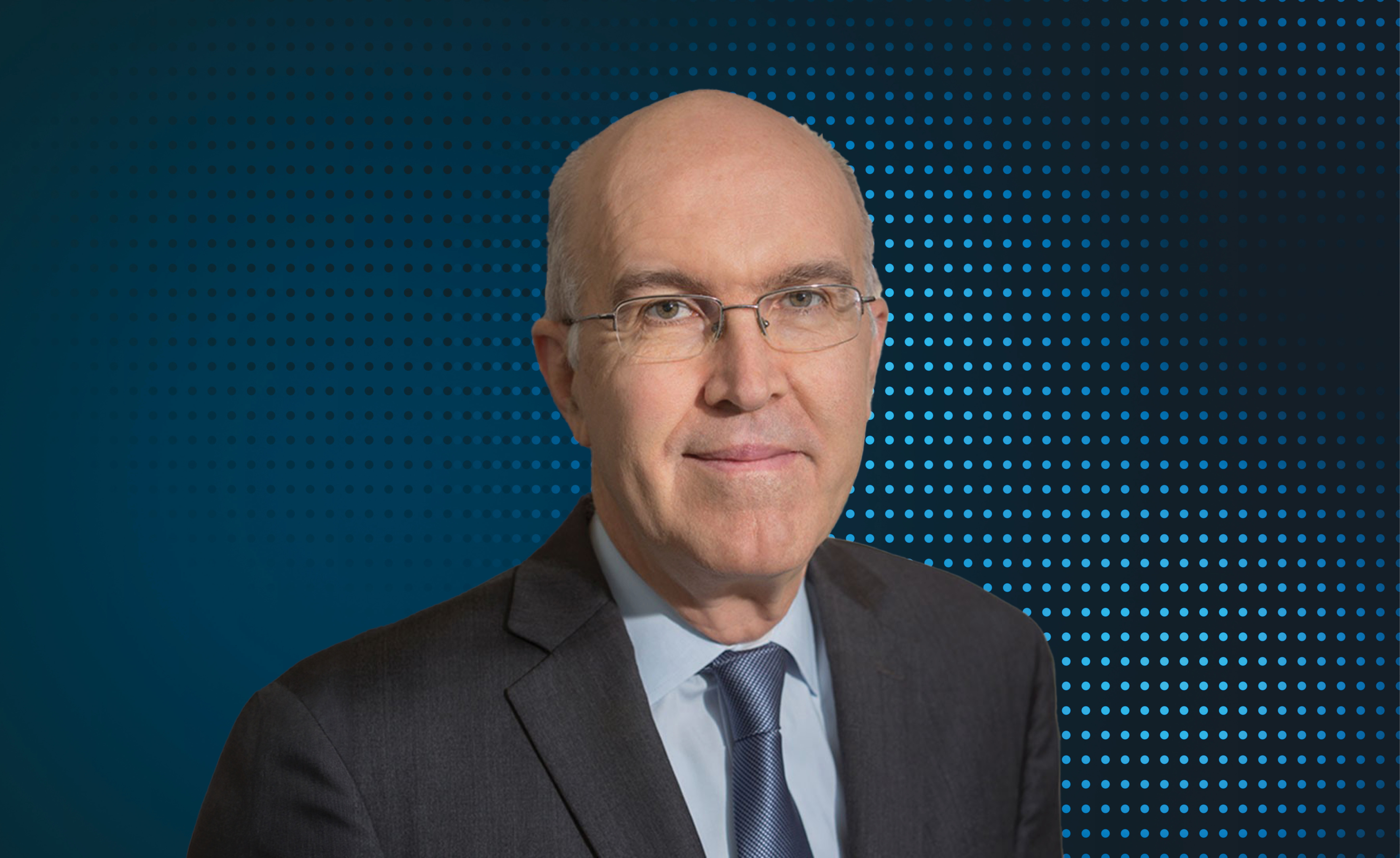Legally the Man in the Middle
-
-
MIT Technology Review
Filed Under
Recommended

Legal professionals know the vast majority of business cases are settled before they go to trial. “You generally have sophisticated attorneys on both sides who recognize how much risk is built into the legal system,” says Christopher Donnelly ’77, founding partner at Donnelly, Conroy & Gelhaar of Boston. “They understand that it’s almost always better to manage the risk by settling out of court. The trouble is they often settle on the courthouse steps after they’ve beaten themselves silly in terms of time and money spent.”
As a business litigator for more than four decades, Donnelly has spent his career limiting risks for clients involved in business disputes. In 2023, while still practicing at the firm he helped found, Donnelly began working as a “neutral” at Middlesex Mediation, which specializes in alternative dispute resolution. “As an advocate attorney, I represent a client on one side of a dispute. But as a neutral,” he explains, “I’m the guy in the middle, helping both parties—each of whom is represented by counsel—to reach an agreement.”
Born in Pittsburgh, Donnelly studied economics at MIT and attended law school at the University of Michigan. “MIT was good preparation for law school,” he says. (His father, also an attorney, studied engineering at MIT himself.) “As an attorney, I approach and solve problems the same way I approached them in my physics and calculus and materials science classes.”
Following law school, Donnelly clerked for Justice Lawrence Pierce in Manhattan for two years and then worked at the Boston firm Nutter McClennen & Fish. He and a few partners there founded his current firm in 1991. “It was a bit of a leap of faith for us,” he confesses. “But we were convinced we’d at least be able to feed our families.”
Donnelly says the demand for mediation services is far greater today than it was when he started his career. “With traditional litigation, you’re signing up for three or four years of your time,” he says. “That’s three or four years of your company’s team spending time with lawyers, producing documents, sitting for depositions, instead of spending time developing their business. Mediation is a way to accelerate the process.”
The key, he adds, is “to understand the core issues of the dispute, to establish trust with both parties, and to help each party understand the other party’s point of view.” While people might not get exactly what they want, in the end “they’re happy to have put the dispute behind them.”
This story also appears in the May/June issue of MIT Alumni News magazine, published by MIT Technology Review.
Staff photo illustration; image courtesy of Christopher Donnelly; background graphic from Adobe Stock







